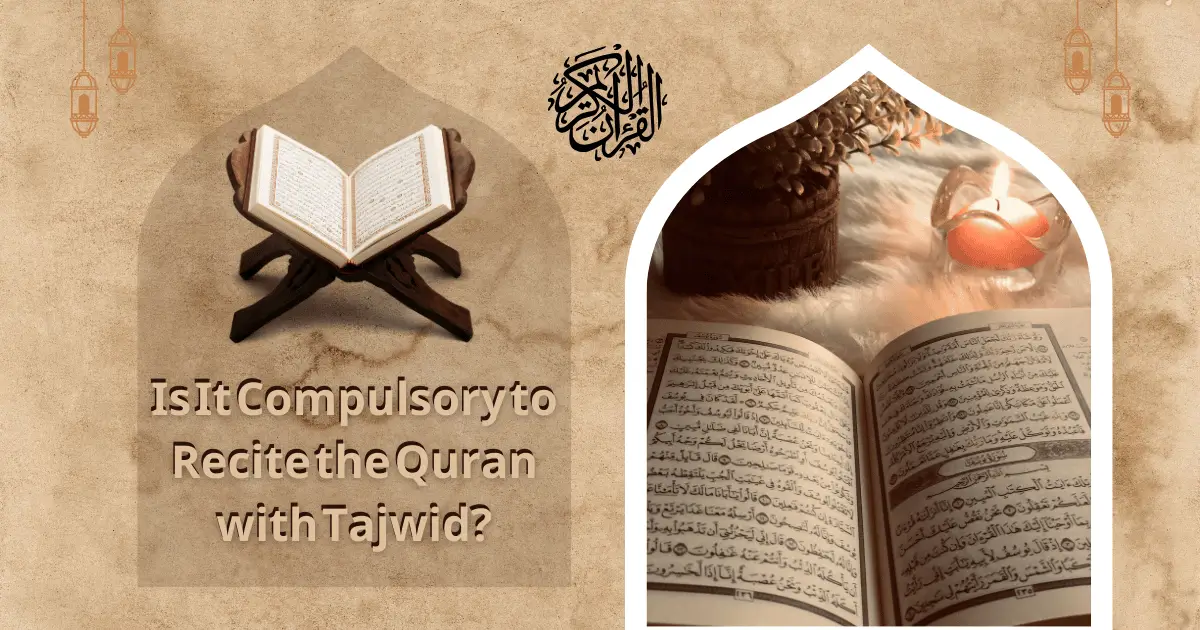In the fast-paced world we live in today, patience is often overlooked. However, in Islam, patience (Sabr) is a key virtue that every Muslim is encouraged to cultivate. It’s not just about waiting calmly during adversity, but it's a practice that strengthens faith, builds character, and draws us closer to Allah (SWT).
Sabr: A Divine Command
Allah (SWT) emphasizes patience in the Qur'an in several places. In Surah Al-Baqarah (2:153), He says:
"O you who have believed, seek help through patience and prayer. Indeed, Allah is with the patient."
This verse highlights that Allah is with those who are patient, guiding and rewarding them in ways we may not immediately perceive.
Types of Patience in Islam
In Islam, patience is required in three distinct situations:
- Patience in Obeying Allah's Commands: It requires patience to consistently perform acts of worship like Salah, fasting, and giving charity.
- Patience in Abstaining from Sin: Avoiding forbidden acts, despite temptations, is a form of patience that protects our faith.
- Patience in Times of Hardship: This is the most commonly thought of form of patience, where we trust in Allah's plan even during trials and difficulties.
The Prophet Muhammad (PBUH) as a Model of Patience
The Prophet Muhammad (PBUH) was a shining example of patience. His entire life was marked by trials, from the loss of family members to the persecution he faced while spreading Islam. Yet, he never lost faith, always trusting that Allah's wisdom was greater than his own.
One famous hadith reflects his resilience:
“How wonderful is the affair of the believer, for his affairs are all good, and this applies to no one but the believer. If something good happens to him, he is thankful, and that is good for him. If something bad happens to him, he bears it with patience, and that is good for him.” (Sahih Muslim)
Rewards for Patience
Patience is not only a requirement but also a source of immense reward. Allah promises the patient an eternal reward in the afterlife, as mentioned in Surah Az-Zumar (39:10):
"Indeed, the patient will be given their reward without account."
This means that for every hardship endured patiently, a Muslim will be rewarded in a way beyond comprehension, without measure or limit.
Practical Ways to Cultivate Patience
- Increase in Dhikr (Remembrance of Allah): Constantly remembering Allah helps us remain grounded and aware that everything is part of His divine plan.
- Reflect on the Lives of the Prophets: Reading about the trials faced by Prophets such as Muhammad, Yusuf, and Ayub (Peace be upon them) gives us perspective and strength to endure our own hardships.
- Stay Positive: Patience is closely tied to hope. A believer should always remain optimistic, trusting that Allah will ease their difficulties.
Conclusion
Patience is not just a passive act in Islam, but an active demonstration of faith and trust in Allah's plan. Whether through performing good deeds, avoiding sin, or enduring hardships, patience strengthens our relationship with Allah and purifies our hearts. In every difficulty lies a lesson, and with patience comes immense reward. So, the next time you face adversity, remember that Allah is with the patient, guiding and supporting you every step of the way.





